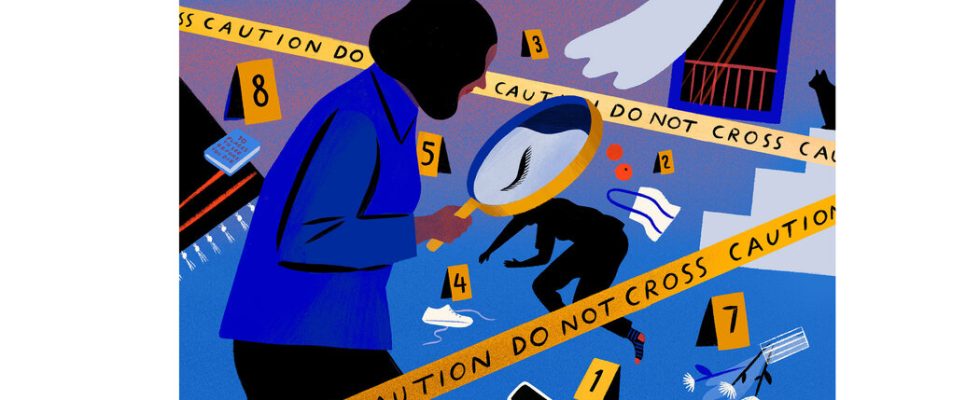In all the audiobooks I’ve listened to at this point, I’ve decided that a narration generally falls into one of three categories. There’s the star-power option, when someone like Benedict Cumberbatch is brought in to lend weight to a production. Whole casts of voice actors might be hired to take on individual voices in nonfiction collections, like “The 1619 Project,” or expansive fiction like George Saunders’s “Lincoln in the Bardo” (which includes a staggering 166 narrators). But when it comes to an autobiography, or a personal essay collection, there really is only one best option: Hand the microphone to the author. True, not every voice is cut out to hold an audience for 10 hours, but even when untrained cadences run flat, a self-narrated memoir carries an emotional authenticity that is impossible to replicate. Here are three new memoirs skillfully narrated by their authors, only one of whom happens to be an actor.
Within the first hour or so of WHAT THE DEAD KNOW: Learning About Life as a New York City Death Investigator (Simon & Schuster Audio, 9 hours, 47 minutes), the author and narrator Barbara Butcher makes clear that there’s no escaping the parallels between her real life and the crime dramas that have fascinated audiences for generations. Her biography feels lifted from a noir film: Before becoming “only the second female death investigator in Manhattan” (“the first had quit after little more than a month”), she had been “a disgraced alcoholic,” she says, “living in a shabby little studio, working off the books in a button store off Madison Avenue. It was all I felt I deserved.”
Early in the audiobook, Butcher chronicles her career path and her journey to sobriety in unflinching detail, while her voice remains deliberate and measured, occasionally slipping into what sounds like a half-smirk when cracking a joke about the morbid appropriateness of her name. She has a way with words, telling stories that are at turns hilarious, thought-provoking and, as might be expected, disturbing: “Once you know the smell of death, you can pick it out in a flower shop.” This is a story of trauma, yes, but it’s also a glimpse into the dark side of a city that most never see up close. Butcher is called to the scene in Bowery flophouses, Upper West Side apartments that double as art museums and in the rubble of the World Trade Center, where the guiding principle is always the same: “Dead men do tell tales. You just have to listen.”
The journalist Monica Potts did a good amount of listening of her own while researching THE FORGOTTEN GIRLS: A Memoir of Friendship and Lost Promise in Rural America (Random House Audio, 7 hours, 40 minutes), which she reads with barely restrained heartbreak. In 2015 she returned to her hometown of Clinton, Ark., on a quest to better understand why the life expectancy of white, working-class women in the region has been steadily declining for so long — and how she managed to escape the forces that are dragging so many others down.

